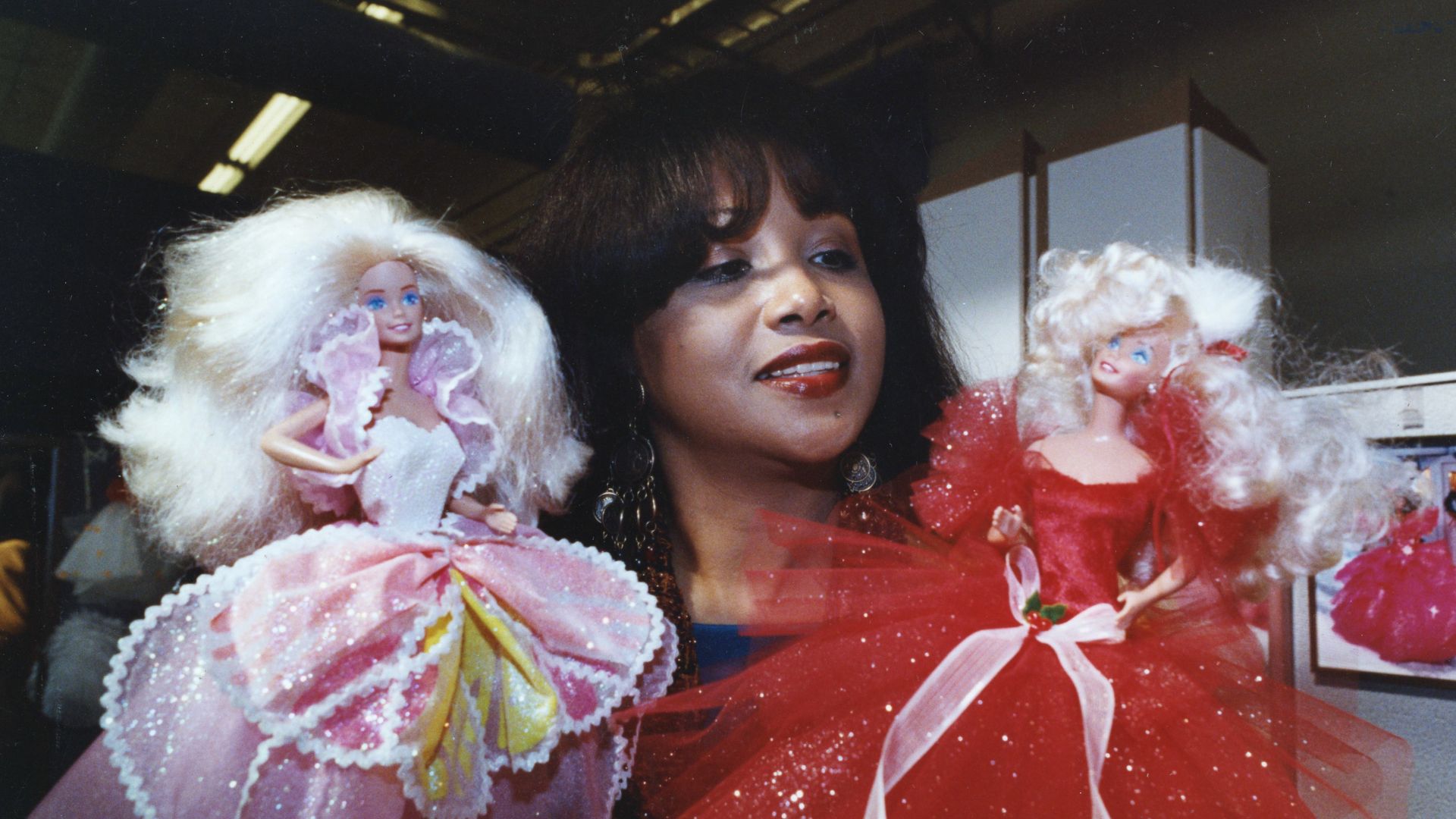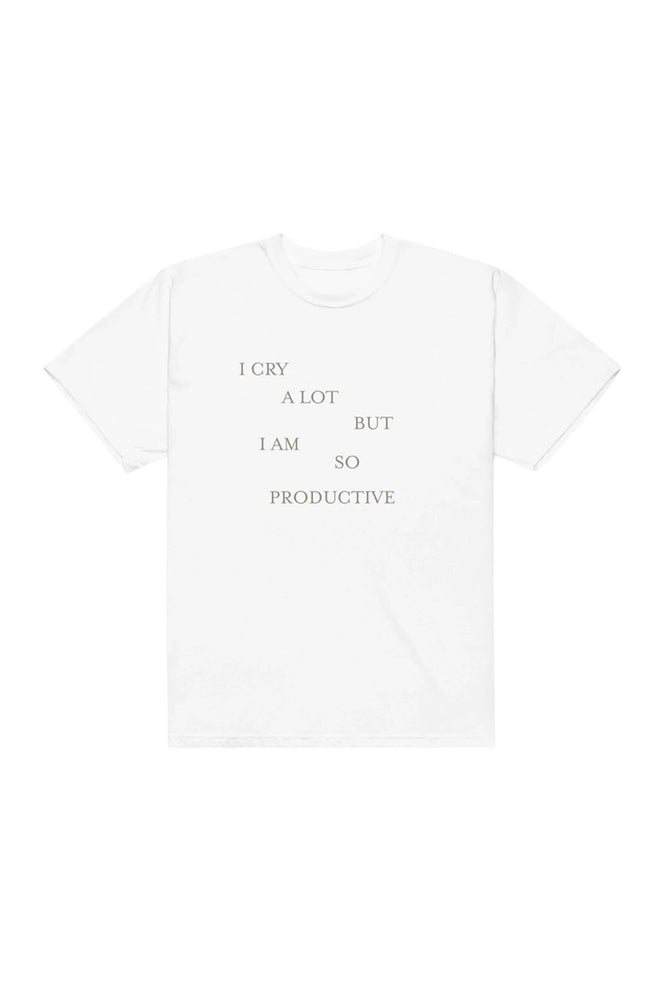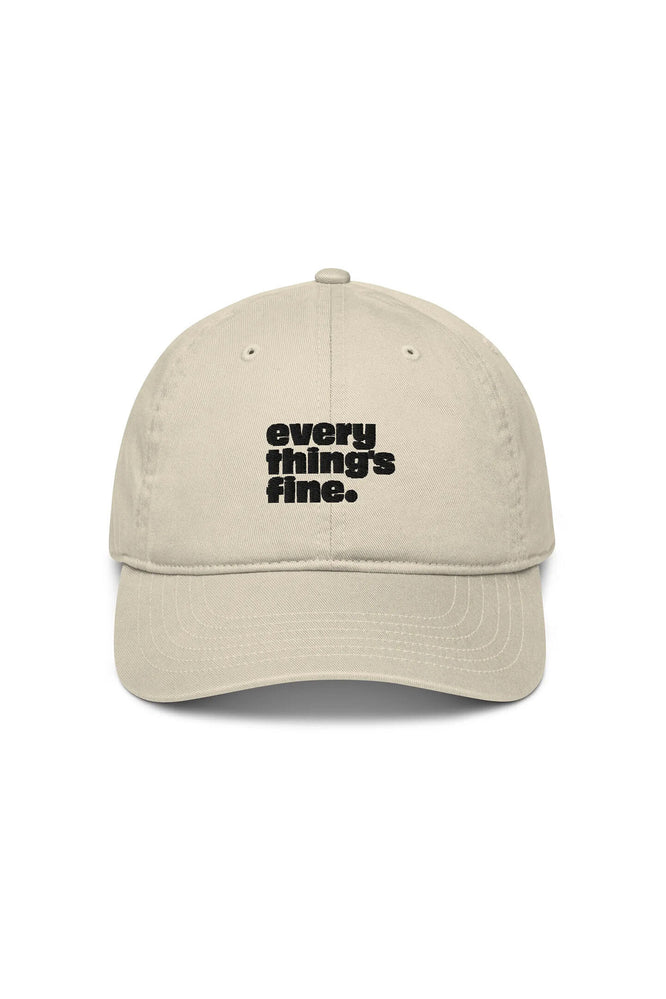If you thought last summer’s Barbie hype was over, think again. Netflix has a new Barbie-centric documentary, produced by the one and only Shondaland. Except this nonfiction film explores a much-overlooked part of Mattel’s toy empire history: the creation of the first-ever non-white Barbie. Black Barbie follows the story of filmmaker Lagueria Davis’ journey into her own family history which unexpectedly launches her on a mission to find out how the first black Barbie doll came to be at Mattel, and what’s happened to her since. Lagueria’s aunt, Beulah Mae Mitchell, was a longtime loyal Mattel employee who became a respected office buddy of Mattel founder, Ruth Handler. With Beulah’s influence, Ruth hunted for someone special to create the first high-key historic black Barbie doll. If you’re planning to watch Barbie-fied, Betch-certified movie, it’s v necessary to fill you guys in on the story of Kitty Black Perkins, the toymaking boss of Black Barbie.
Who is Kitty Black Perkins?
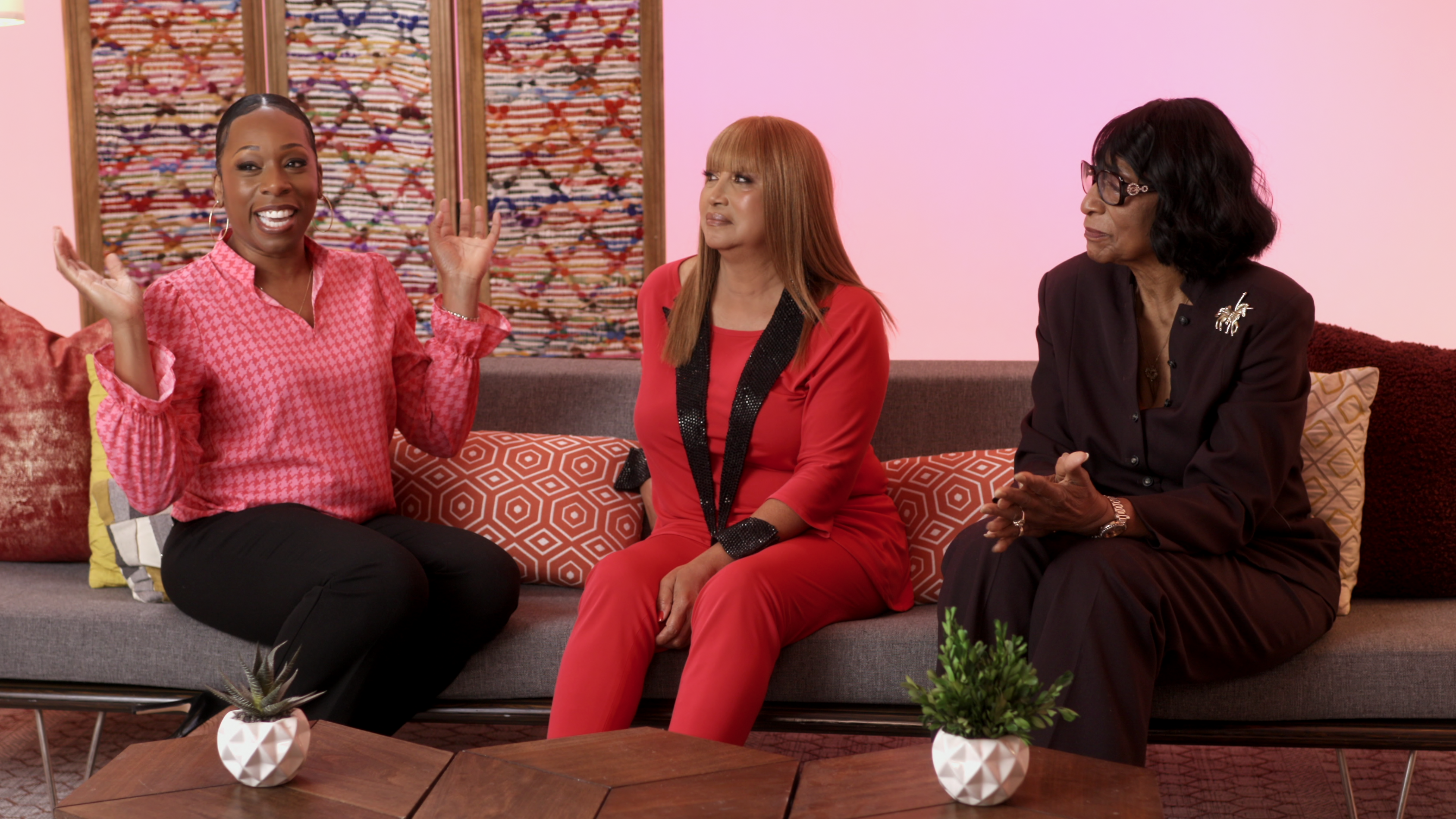
Kitty Black Perkins is the designer of Mattel’s first black Barbie doll, which debuted in 1980. This was the first black doll that went by the name Barbie, as opposed to one of Barbie’s less famous sidekicks, like Christie. Kitty was hired by Mattel to come on board as a lead designer in the ’70s, after another local Los Angeles toy company, Shindana had recently received a $200K investment from Mattel to continue their success making the first black baby dolls crafted with love to ever be widely distributed on the market. Kitty applied to an ad in the newspaper and ultimately landed the job by providing not one, but FIVE custom doll outfits for her application assignment. Ladies take note: Overachieve in the workplace, not your crushes’ DMs.
With a fashionable black Barbie doll visually inspired by Diana Ross and the black mothers raising little girls who sported short natural hair looks, Kitty Perkins’ iconic designs changed the game for black girls everywhere. She also looked extremely cool doing it. Everyone interviewed about Kitty in the film spoke about how Kitty herself repped the Barbie lifestyle, flexing killer fits in the office where she pulled up with the top down on her convertible.
Kitty’s legacy, like her style, remains timeless since she opened the door for Mattel designer Stacey McBride Irby to design a number of black dolls for Mattel. These include the 30th anniversary black Barbie, the famous AKA sorority’s centennial Barbie, and the So In Style doll collection which showcased three black girlfriends of different skin tones and hair textures.
Why is a black Barbie a big deal?
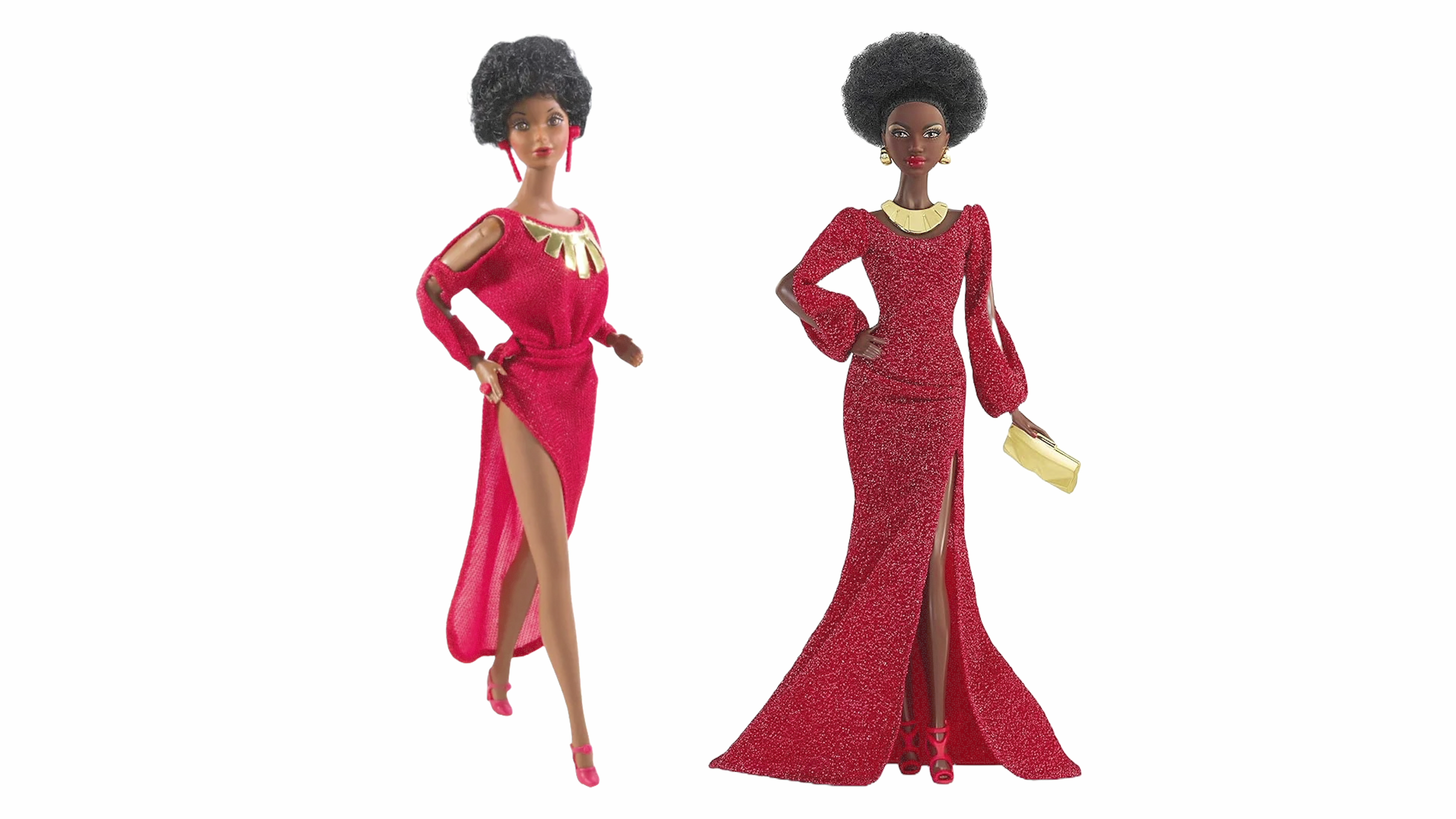
In decades prior to Shindana’s popularity and Kitty’s game-changing black Barbie doll, black children virtually had only white toys to play with. In the Netflix doc, older black women like Beulah and Senator Maxine Waters talk about how they cherished their baby dolls as little girls, but never thought it would be possible to own a pretty emblem of girlhood that actually looked like them. Having representation in something that seems trivial like toys actually deeply impacts the psyche of children (younger sisters who were forced to be the maid instead of the princess during imaginary playtime will DEF know what I’m talking about).
The film proves this in much more scientific terms by highlighting the fact that the evidence that pushed the Brown v. Board of Education case across the Supreme Court’s finish line was a psychological study that tragically showed black children pointing out white dolls as pretty, nice, good people above ones of their own skin tone because they’d never been exposed to them before in a positive light. How could non-white kids imagine they too could grow up to be anything if they tried when all of Barbie’s great accomplishments were shown through her white POV? By making top-tier toys of color (even if those toys were hardly even promoted by Mattel, who admittedly couldn’t even find records of black Barbie ads to share with Netflix), black girls and grown women were finally given visual validation that they are beautiful enough to be worth fantasizing about, too.




















